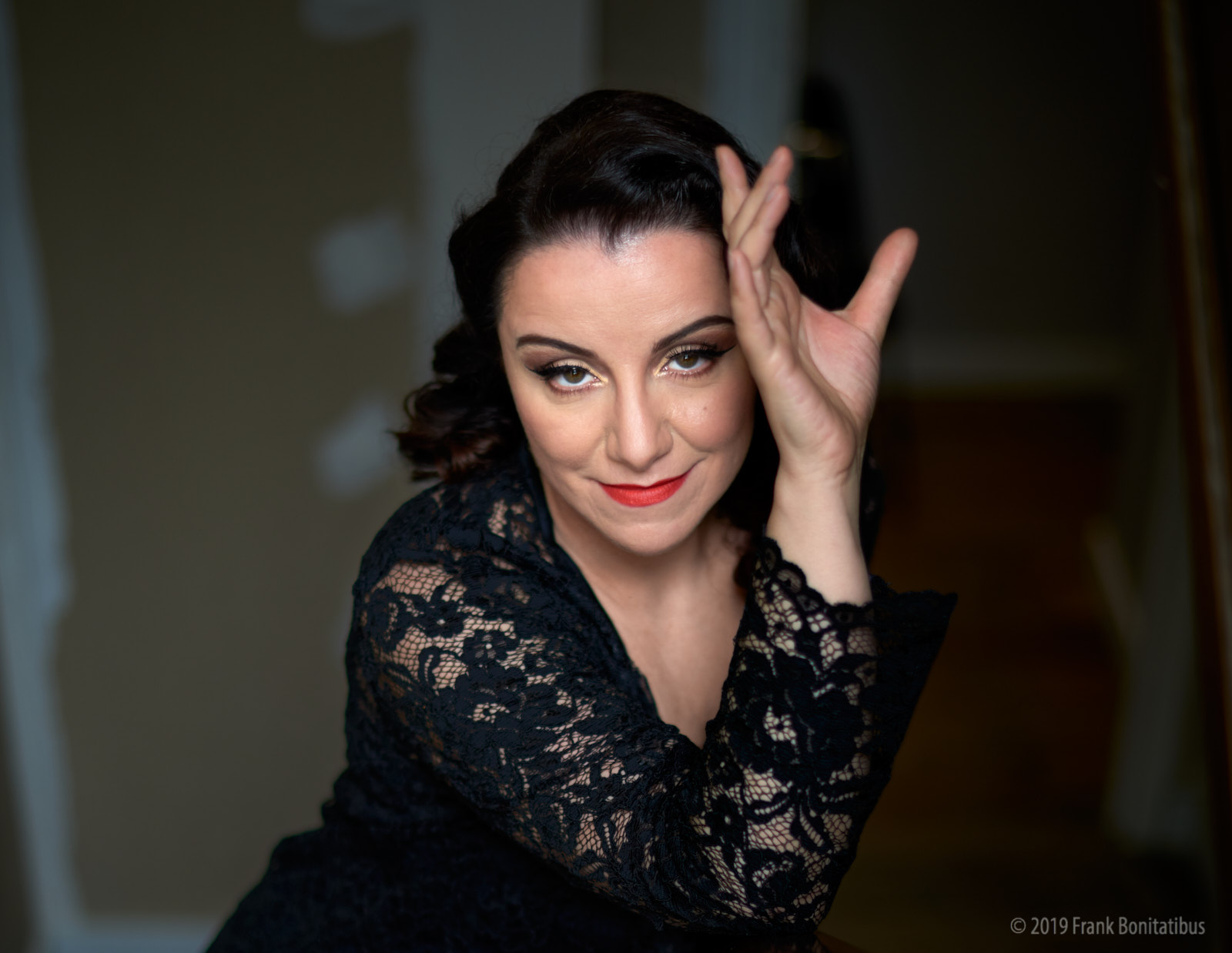Le maggiori sorprese venivano però dalle arie di Merope, di inusuale taglio tragico, offerte al piglio di Anna Bonitatibus, incisiva nei recitativi e nel canto, che a tratti sembrava ricalcare modelli vivaldiani.
Festwochen der Alten Musik, Innsbruck MEROPE Riccardo Broschi | Baroquiades
Quelle autre artiste qu’ Anna Bonitatibus pouvait incarner la haute figure de la reine de Messénie, dotée de six grands airs? Aucun des atouts qui ont fait la gloire de la mezzo- soprano italienne ne manque à l’appel. la texture racée, grenue, au vibrato envoutant, le timbre sombre et altier, la déclamation de tragédienne, la vocalisation souveraine et le maintien scénique qui ne l’est pas moins… tout est là.
Festwochen der Alten Musik, Innsbruck MEROPE Riccardo Broschi | Connessi all’Opera
All’interno del cast, s’impone la prova di Anna Bonitatibus, Merope. Il mezzosoprano italiano cura con estrema attenzione il fraseggio tanto da rendere con incisività i recitativi, in un misto di profonda forza attoriale e dominio musicale della regina di Messenia. L’esecuzione delle varie arie a lei riservate ne rivela la solida preparazione tecnica e la sintonia con il repertorio barocco.
Festwochen der Alten Musik, Innsbruck MEROPE Riccardo Broschi | Opern-Kritic.de
Großartig ist Anna Bonitatibus als sehr subtile, fein singende, geradezu introvertierte Merope.
